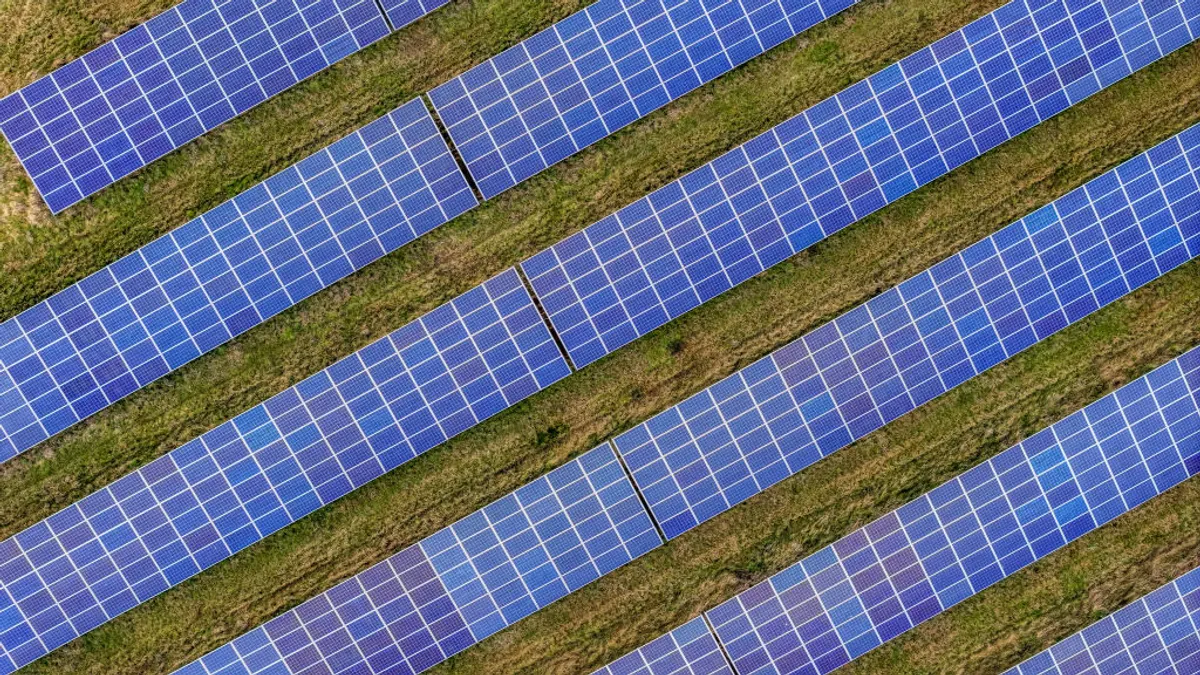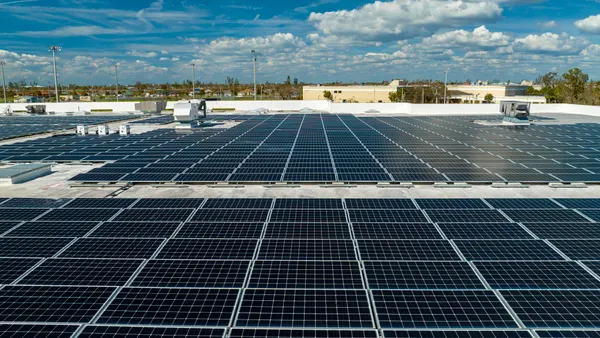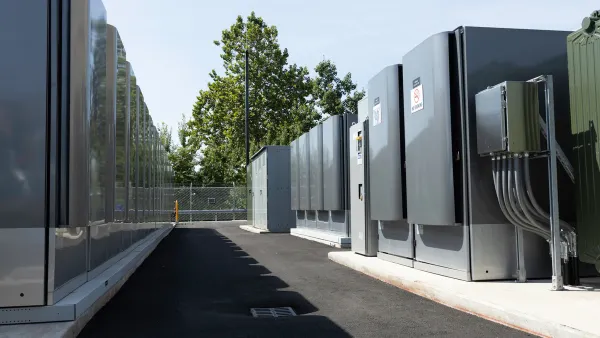Dive Brief:
- Several states, led by Tennessee, are working on a national, voluntary log of energy efficiency projects, which could be used to establish standardized benchmarks and help programs qualify for Clean Power Plan compliance, E&E Publishing reports.
- The Department of Energy has already allocated $800,000 to the initiative aimed at creating a voluntary national energy efficiency registry, which act as a sort of "umpire" to authenticate energy efficiency investments, according to E&E.
- Tennessee officials say they expect that grant to be finalized by the end of the year, kicking off a two-year stretch to get the registry off the ground.
Dive Insight:
Just how energy efficiency will help states meet Clean Power Plan goals is still up in the air, but Tennessee is heading up a group of six states seeking more standardized data and answers. While the registry is not specifically tailored to CPP compliance, officials say it could be used by for that purpose whether states use a mass- or rate-based carbon strategy.
Stephen Cowell, head of Massachusetts-based nonprofit E4theFuture, told E&E that his group has given a grant to launch the energy efficiency registry proposal, and anticipates the registry will act as an "umpire."
"We really felt it would help the states if they had that kind of support mechanism to facilitate energy efficiency," he told E&E.
As for efficiency's place in meeting CPP goals, the Obama administration pulled energy efficiency as a compliance building block between the draft and final rules, most likely in an attempt to ward off legal challenges that federal regulators were overstepping their authority.
By removing what was known as "Building Block 4," which focused on energy efficiency, the White House acknowledged that its ability to regulate past the power plant is limited.
Even so, speakers at a conference on "Smart Grid and Climate Change" held by the Association for Demand Response and Smart Grid in Washington D.C. stressed that an energy efficiency registry is necessary to assist states in complying with the CPP, while keeping up with the swiftly-moving changes in energy technologies.
"Lots of times, we ask our regulatory utility commissioners to make sometimes difficult, controversial political decisions," said David Terry, executive director of the National Association of State Energy Officials (NASEO). Establishing policy consensus first, before regulators move forward, would assist them in decision-making, Terry added.













